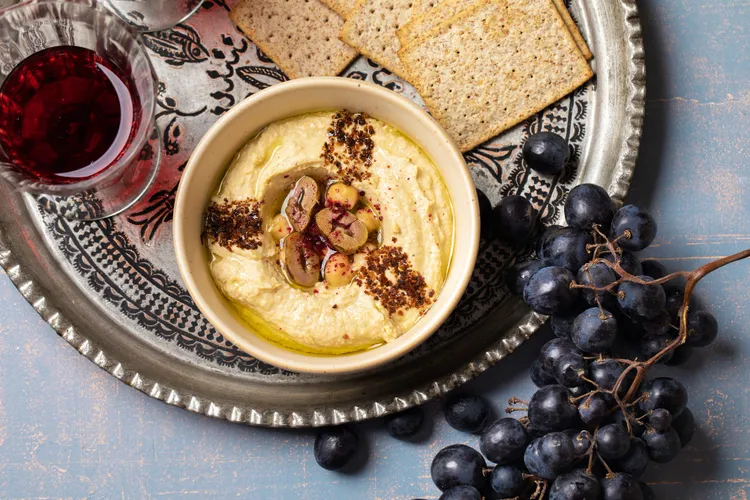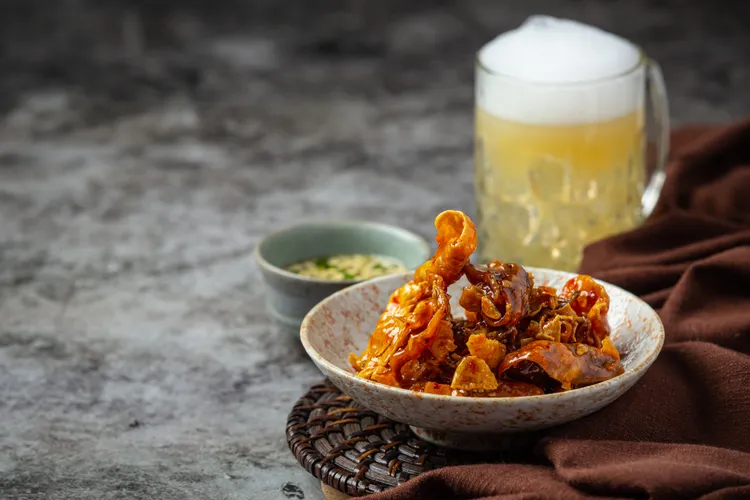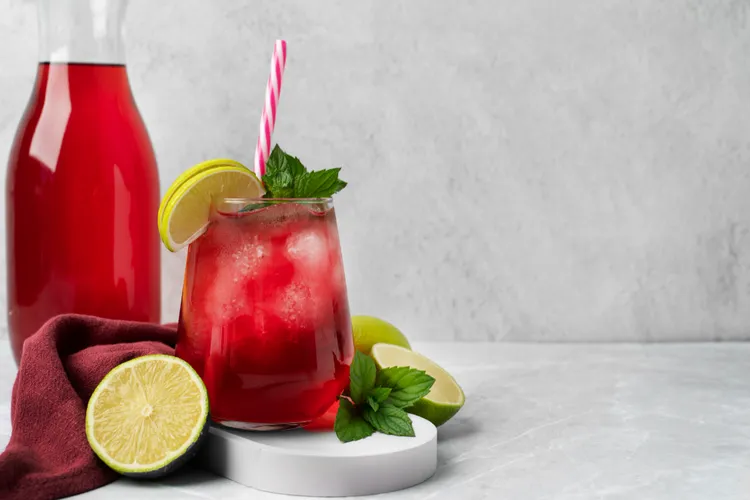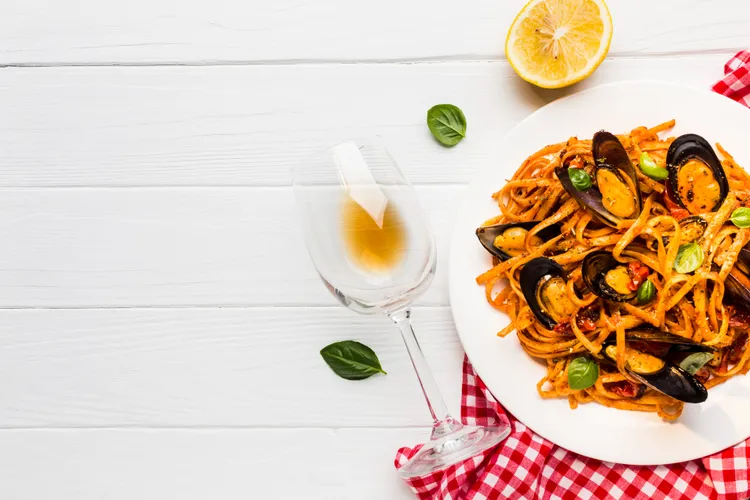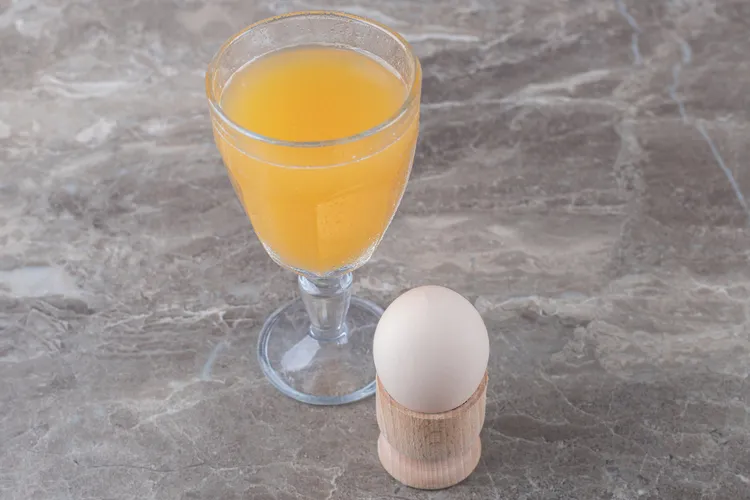10 Foods to Naturally Relieve Constipation
Constipation is a common digestive issue that affects millions of people, causing discomfort, bloating, and frustration. Defined as having fewer than three bowel movements per week or experiencing hard, dry stools that are difficult to pass, constipation can stem from various factors like low fiber intake, dehydration, sedentary lifestyles, or certain medications. While over-the-counter remedies exist, one of the most effective and natural ways to relieve constipation is through diet. Certain foods can promote regular bowel movements by adding fiber, hydration, or natural laxative properties.

Understanding Constipation and the Role of Diet
Constipation occurs when stool moves too slowly through the digestive tract, often due to insufficient fiber, water, or physical activity. This slows intestinal motility, making stools hard and difficult to pass. Diet plays a pivotal role in prevention and relief:
- Fiber: Soluble fiber absorbs water to soften stools, while insoluble fiber adds bulk to promote movement.
- Hydration: Adequate fluid intake keeps stools soft and supports digestion.
- Natural Laxatives: Some foods stimulate bowel contractions or lubricate the intestines.
- Gut Health: A balanced gut microbiome, supported by prebiotics and probiotics, enhances regularity.
By incorporating the right foods, you can address these factors naturally, reducing reliance on medications and improving overall gut health. Below are 10 foods proven to help relieve constipation, with nutritional details, benefits, and serving suggestions.
The 10 Best Foods to Relieve Constipation
- Prunes (Dried Plums)
- Why They Help: Prunes are a classic remedy for constipation, rich in insoluble fiber (7g per 100g) and sorbitol, a natural sugar alcohol with laxative effects that draws water into the intestines.
- Science Says: A 2014 study in Alimentary Pharmacology & Therapeutics found that prunes are more effective than psyllium (a common fiber supplement) for improving stool frequency and consistency.
- Nutritional Highlights: Provide 240 calories, 64g carbs, and 7g fiber per 100g. Also rich in vitamin K and antioxidants.
- Serving Ideas: Eat 4–6 prunes (about 50g) as a snack, blend into smoothies, or chop into oatmeal. Start small to avoid gas or bloating.
- Tip: Opt for unsweetened prunes to avoid added sugars. Pair with water to enhance hydration.
- Apples
- Why They Help: Apples are high in pectin, a soluble fiber that forms a gel in the gut, softening stools and promoting motility. The skin adds insoluble fiber for bulk.
- Science Says: A 2020 study in Nutrients noted that pectin increases stool water content and speeds transit time in the colon.
- Nutritional Highlights: One medium apple (182g) has ~95 calories, 25g carbs, 4g fiber, and 86% water for hydration.
- Serving Ideas: Eat a whole apple with skin, slice into yogurt, or bake with cinnamon for a warm treat.
- Tip: Choose organic if possible to avoid pesticides on the skin, which can irritate sensitive guts.
- Chia Seeds
- Why They Help: Chia seeds are packed with soluble fiber (11g per ounce), which absorbs water to form a gel-like consistency, easing stool passage. They also support hydration due to their water-retaining properties.
- Science Says: A 2016 study in Journal of Food Science found that chia seeds improve bowel regularity in healthy adults.
- Nutritional Highlights: One ounce (28g) provides 137 calories, 12g carbs, 11g fiber, and healthy omega-3 fats.
- Serving Ideas: Mix 1–2 tbsp into water or juice (let sit 10 minutes to gel), add to smoothies, or sprinkle on salads.
- Tip: Drink plenty of water with chia seeds to maximize their hydrating and fiber benefits.
- Oatmeal
- Why They Help: Oats contain soluble fiber (beta-glucans) and insoluble fiber, which add bulk and soften stools. They also support gut bacteria, which aid digestion.
- Science Says: A 2019 study in The British Journal of Nutrition showed that oats improve stool consistency and frequency in people with constipation.
- Nutritional Highlights: One cup cooked (234g) has 166 calories, 28g carbs, 4g fiber, and 1g beta-glucans.
- Serving Ideas: Make oatmeal with water or milk, top with berries or prunes, or use in homemade energy bars.
- Tip: Choose whole rolled or steel-cut oats over instant varieties, which may have added sugars.
- Kiwi
- Why They Help: Kiwi is rich in fiber (3g per fruit) and contains actinidin, an enzyme that may stimulate bowel motility. Its high water content also aids hydration.
- Science Says: A 2021 study in The American Journal of Clinical Nutrition found that two kiwis daily improve stool frequency and consistency in people with constipation.
- Nutritional Highlights: One kiwi (75g) has 46 calories, 11g carbs, 3g fiber, and 112% DV of vitamin C.
- Serving Ideas: Eat peeled, blend into smoothies, or add to yogurt bowls.
- Tip: Green kiwis have slightly more fiber than golden varieties, but both are effective.
- Flaxseeds
- Why They Help: Flaxseeds provide a mix of soluble and insoluble fiber (8g per ounce), promoting stool bulk and softness. They also contain mucilage, which lubricates the intestines.
- Science Says: A 2018 study in Nutrition Research found that flaxseeds improve bowel movement frequency in constipated individuals.
- Nutritional Highlights: One ounce (28g) has 150 calories, 8g carbs, 8g fiber, and omega-3 fatty acids.
- Serving Ideas: Grind and add 1-2 tbsp to smoothies, oatmeal, or baked goods. Whole seeds may pass through undigested.
- Tip: Store ground flaxseeds in the fridge to preserve freshness and maximize nutrient absorption.
- Broccoli
- Why They Help: Broccoli is high in insoluble fiber (2.6g per 100g), which adds bulk to stools, and contains water (89%) to keep stools soft.
- Science Says: A 2020 study in Nutrients noted that cruciferous vegetables like broccoli support gut motility due to fiber and glucosinolates.
- Nutritional Highlights: 100g provides 35 calories, 7g carbs, 2.6g fiber, and 89% DV of vitamin C.
- Serving Ideas: Steam, roast, or blend into soups. Pair with olive oil for added lubrication.
- Tip: Cook lightly to preserve fiber and avoid digestive irritation in sensitive individuals.
- Lentils
- Why They Help: Lentils are rich in fiber (8g per 100g cooked), both soluble and insoluble, promoting regular bowel movements and supporting gut bacteria.
- Science Says: A 2017 study in Journal of Functional Foods found that lentils improve stool consistency due to their prebiotic fiber.
- Nutritional Highlights: 100g cooked has 116 calories, 20g carbs, 8g fiber, and 9g protein.
- Serving Ideas: Make lentil soup, add to salads, or use in veggie patties.
- Tip: Soak or cook thoroughly to reduce bloating from complex carbs.
- Pears
- Why They Help: Pears are high in soluble fiber (pectin, 3g per fruit) and water (84%), softening stools and easing passage. They also contain sorbitol, a mild laxative.
- Science Says: A 2019 study in Food & Function showed that pears improve bowel regularity more effectively than apples in some cases.
- Nutritional Highlights: One medium pear (178g) has 101 calories, 27g carbs, 6g fiber, and vitamin C.
- Serving Ideas: Eat fresh with skin, bake with cinnamon, or blend into smoothies.
- Tip: Ripe pears are more effective (and tastier) than unripe ones.
- Sauerkraut
- Why They Help: Sauerkraut, a fermented cabbage, provides probiotics to balance gut bacteria and fiber (2.9g per 100g) to promote regularity.
- Science Says: A 2021 study in Gut Microbes found that fermented foods like sauerkraut improve gut motility and microbiome health.
- Nutritional Highlights: 100g has 19 calories, 4g carbs, 2.9g fiber, and probiotics.
- Serving Ideas: Add to sandwiches, salads, or eat as a side dish.
- Tip: Choose unpasteurized, refrigerated sauerkraut for live probiotics.
How to Incorporate These Foods into Your Diet
To relieve constipation effectively, integrate these foods into your daily meals while maintaining balance and hydration. Here are practical tips:
- Start Gradually: Increase fiber intake slowly (add 5g daily) to avoid gas or bloating. Aim for 25-38g fiber daily, per dietary guidelines.
- Stay Hydrated: Drink 8–12 cups of water daily to soften stools and support fiber’s effects. Pair high-fiber foods with fluids.
- Combine Foods: Mix fiber-rich foods with probiotics (e.g., oatmeal with sauerkraut) for a synergistic effect on gut health.
- Eat Regularly: Spread fiber intake across meals to avoid overwhelming the digestive system. Example: Chia pudding for breakfast, lentil soup for lunch, pear for a snack.
- Cook Smart: Lightly steam or roast vegetables like broccoli to preserve fiber while improving digestibility.
- Snack Wisely: Keep prunes, apples, or kiwi on hand for quick, constipation-fighting snacks.
- Balance with Movement: Pair these foods with daily physical activity (e.g., walking) to stimulate bowel motility.
Additional Tips for Constipation Relief
- Exercise Regularly: Physical activity (30 minutes daily) stimulates bowel movements.
- Establish a Routine: Try to have a bowel movement at the same time daily to train your body.
- Limit Constipating Foods: Reduce low-fiber foods like white bread, processed snacks, or dairy (for some people).
- Consider Magnesium: Foods like spinach or supplements (consult a doctor) can draw water into the intestines.
- Monitor Medications: Some drugs (e.g., opioids, certain antidepressants) can cause constipation. Discuss alternatives with your doctor.
Potential Considerations and Precautions
- Fiber Sensitivity: Some people may experience bloating or gas with high-fiber foods. Increase gradually and chew thoroughly.
- FODMAP Sensitivities: Foods like apples, pears, or lentils are high in FODMAPs, which may cause bloating in those with IBS. Consult a dietitian for low-FODMAP alternatives.
- Hydration is Critical: Without enough water, high-fiber foods can worsen constipation. Aim for at least 64 oz daily.
- Medical Conditions: If constipation persists, consult a doctor to rule out conditions like hypothyroidism, IBS, or bowel obstructions.
- Allergies: Ensure you’re not allergic to foods like kiwi or flaxseeds before adding them.
Eat Your Way to Regularity
Constipation doesn’t have to be a persistent problem. By incorporating fiber-rich, hydrating, and gut-friendly foods like prunes, apples, chia seeds, and sauerkraut, you can promote regular bowel movements and improve digestive health naturally. Pair these foods with adequate water, exercise, and a consistent routine for the best results. Start small, experiment with delicious recipes, and listen to your body to find what works best. With these 10 foods, you can say goodbye to discomfort and hello to a happier, healthier gut.




